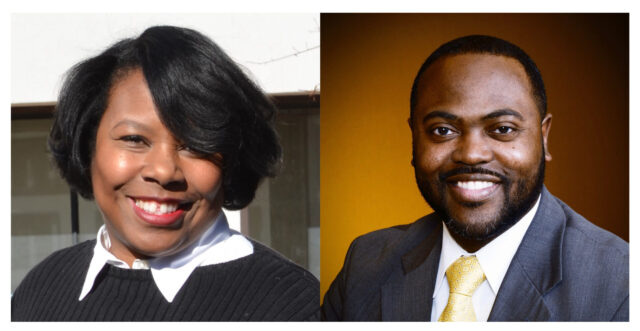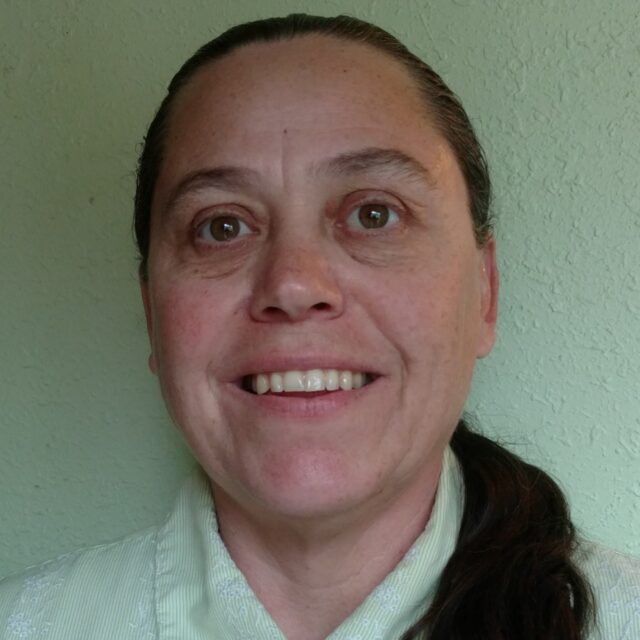There is something to be said about people who choose to spend their time jumping into the middle of conflicts. Felicia Staub, an award-winning Mediator living in Washington State, is one of these people. She has always wanted to be of service to others, originally planning to become a doctor. As life often goes, Felicia instead found herself involved in a different realm: peacebuilding. She quickly realized that this, too, was a good way to help as she worked with peace movement non-profits. Over the last twelve years, Felicia has mediated over 500 cases.
Peace professionals like Felicia have many activities to choose from when deciding what to do in their career. These include conflict prevention, conflict management, and life coaching, among others. For Felicia, mediation is where she feels most effective as she uses her skills to bring together families or communities. As she puts it, mediation is “there to help people work things out so that they can come back together and be able to understand each other.” It is an alternative to court proceedings, which can sometimes end in disharmony.
Felicia has had a home with the Washington Mediation Association for many years. She serves there as a Board Member and as a Senior Mediator. Now, she is looking forward to providing workplace mediation for Pollack Peacebuilding Systems. She believes the best part of workplace mediation is helping to heal past hurts in places where people need to continue interacting.
Training Future Peacebuilders
“What if we learned how to resolve our differences? What if we learned how to handle anger? What would be different in the world if we could have a conflict and resolve it…walk away happy with each other?”
These are some of the questions that Felicia seeks to answer in her mediation work. She has already seen that it is possible to achieve peaceful conclusions in most conflict settings. Now she strives to get others in her community to ask themselves the same questions. In her role as a trainer throughout Washington, she helps build communication skills for those who want to do this work. Felicia believes that “listening for understanding rather than arguing is the most important thing in peacebuilding.”
One of Felicia’s most recent achievements is the Mediators Café, which she initiated in May this year. This training program brings together mediators from across the state of Washington to continue their education on various topics. Mediators also have a chance to network through this monthly event. While these meetings are currently only open to members of the Washington Mediation Association, it will soon be open to those outside of this group for a small monthly fee.
Peacebuider’s Wisdom
Felicia warns new mediators to learn how to differentiate their role from that of a judge or an attorney. She says that “as the mediator, as a person standing in front of the room speaking, you can be seen as an authority.” Knowing how to build peace between people without providing legal advice is an important skill. It helps the parties in mediation come to their own peaceful and sustainable solutions. It also helps them learn how to address future conflicts, especially if they are expected to continue working together.
Another piece of advice that Felicia would like to share is that mediators should try to incorporate their professional skills into their everyday lives. She sees a more peaceful world where people are thoughtful about how they interact with their families and neighbors. This is what she hopes new peacebuilders will practice personally and professionally.



